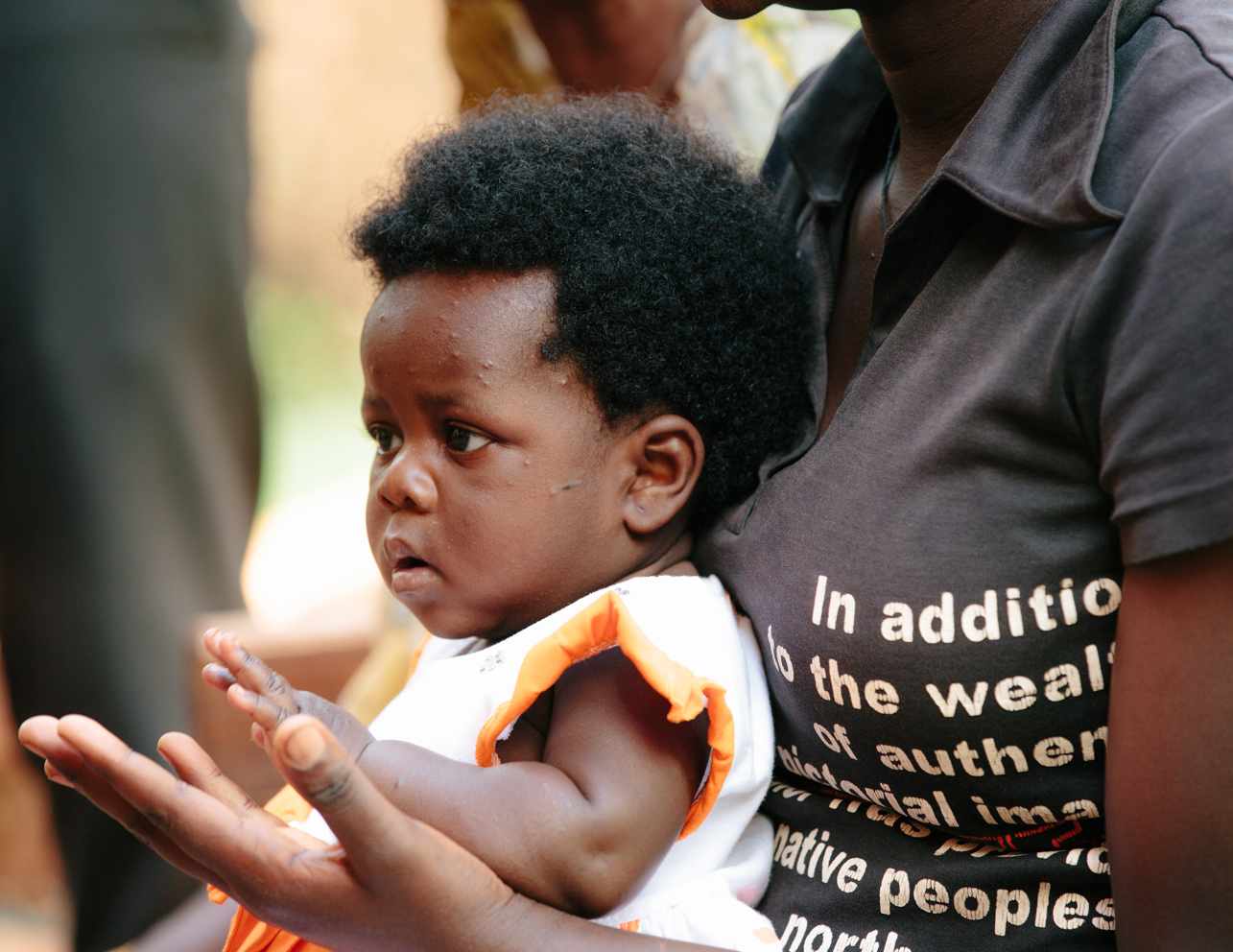Yesterday I posted this. Several people (here and on Facebook) asked me to explain my conversation with Elias’s teacher. A couple people asked why I felt the need to speak with his teacher about the “pumpkin illustration.” So I thought I’d offer a follow-up post to explain…
Why did I talk to Elias’s teacher?
For one thing, because he was 3! And not almost 4, either, though that wouldn’t have made much of a difference. I likely would have discussed the use of this illustration with his teacher even if he’d been 6 or 7.
That’s because I’m very careful about how Elias and Adeline learn about God. Sometimes I’m probably too careful. But I’m willing to walk that line because I believe faith is too important not to be intentional in how we share our beliefs with our children. How we present spirituality affects every aspect of a child’s being, from how they view themselves, their friends to how they will eventually come to terms with loss or disappointment or pain.
Though I consider myself to be an evangelical, I do not buy into all of America’s evangelical ideology.
For instance, I abhor the doctrine of “Original Sin.” Which is the crux of this silly illustration, that we are all chockfull of dirty, nasty, slimy sin. And not only that, we were born that way. What a dreadful idea to teach anybody, let alone a child.
And while Original Sin is a concept that a majority of America’s churches adhere to and teach, it’s not a biblical concept. It’s an idea that was manifested by St. Augustine and then tweaked by John Calvin and others. But it’s not supported by scripture. And even when scripture does hint at the concept (the verse most often used is Psalm 51:5), the writer is pontificating about himself, not all of humanity. And too, he doesn’t tie his sin back to whatever happened in the Garden of Eden.
Furthermore, I think the doctrine of Original Sin is a dangerous teaching, one that can negatively affect a child’s self-esteem, a child’s mental health, and a child’s personal understanding about who and what God is. And while my son knows he’s not perfect, to teach him that God created him predisposed to make bad and evil choices seems cruel.
Do I believe we all sin? Yes. I just don’t believe it’s genetically programmed into our DNA via Adam and Eve. When I held Elias for the first time, I refuse to believe that there was anything remotely evil or bad or unnatural about his 8-pound-4 ounce being. He was a blotchy, wrinkly perfect soul. If I believe that God created my son, that God formed him in his momma’s womb, why on earth would I also believe that he was born depraved beyond reason? But even if I did believe that (and I don’t), but if I did, I’d want to be the one to tell him…
But beyond the theological issues I have with the Christian Pumpkin concept, I think tangible illustrations always fall short telling the mysteries of God. Because they are limited, too simplistic, and occasionally leave more questions than answers.
For instance, if we’re going to take the pumpkin illustration literally (which is what we Christians tend to do), should we also tell the little kiddos that after God puts light inside a little pumpkin, it will start to decay, eventually wrinkling up and rotting until it’s shrunk into a hideous and disgusting clump of orangey mush on the front porch. And that, in all actuality, if God had left the pumpkin alone, it would have lived a much longer and happier life.
For six months, Elias believed that pumpkins were filled up with yucky sin. And I guess I think, why can’t carving a pumpkin be just that, carving a pumpkin? Why do we have to take a fun activity and Christianize it poorly with doctrine?
Which is why, the next morning, I talked to his teacher. I simply took her aside and asked her what she taught and then simply said that I didn’t think that the illustration was age appropriate for 3 year-olds. I told her that Jessica and I appreciated her passions for God, but that we were intuitionally careful about what and how Elias learned about God. I explained a little about my church background, which I believe she understood to some degree. And then I requested a heads-up the next time she planned to discuss “sin” in a classroom setting. I told her that I wasn’t trying to change her lesson plan, but would just like to know what Bible lessons she was teaching so I could have choices and not be in the dark the next time we make jack-o-lanterns.
Maybe I was overreacting.
But I’d overreact again in a heartbeat. Because how my kids learn about God and themselves is that important to me.
Viagra is for the treatment of inability to get or keep an erection and similar states when erection is of low quality. When you buy remedies like cialis from canada you should know about cialis online canada. It may have a lot of brands, but only one ATC Code. Erectile dysfunction, defined as the persistent impossibility to maintain a satisfactory erection, affects an estimated 15 to 30 millions men in the America alone. Sexual health is an substantial part of a man’s life, no question his age etc.





I wish all parents were as deeply concerned with how their children learn about God.
replace sin with sex in this story.
Bravo Matthew! I don’t think it was extreme to have this conversation. My daughter (around 5) woke up crying in a panic one night, When I asked what had happened, she wiped her tears and asked, “How we make it, now that God is dead?” Of course, you can imagine my surprise. I began to probe a bit deeper and found out that her children’s church teacher made a comment about Jesus dying on the cross (or the Big T as she used to call it). She just left the comment without any further clarification, inevitably leaving dumbfounded. My daughter, who takes things very literally was devastated. We had conversations with the teacher and still joke about with the Senior Pastor (who’s a friend of mine). We eventually decided to change how we handled church, spirituality and our daughter’s journey.
I totally agree with you. My husband is a children’s pastor and we are extremely careful about the whole “ask Jesus into your heart” line. Jesus is in his physical body at the right hand of God, he will not live inside your heart. You really have to think about all those things that are traditional “christian-ese” that can really confuse little kids.
We also try to be so careful about teachings of God with our kids. We share many of the same reasons you note, but I, in particular, also don’t want our kids to be the ones who tell other kids, point blank, that they’re going to hell for one reason or another. If, when, our kids share about God in their circles of influence, we want it to be in love, out of love, for love.
Trite sayings and cookie-cutter anecdotes do not often reflect that, and often serve to “brainwash” our kids instead of offering real God-experiences and growth of faith.
Good job dude! Way to be aware and actually care what your kids are learning in Sunday School!!
I’m considering the doctrine of original sin and not satisfied by traditional evangelical theology. Anything you’d recommend reading as first steps on that journey?
For another verse that could be applied to Orig Sin take Psalm 58 (omitted from some psalters) Estranged are the wicked from the womb // they wander out of the belly speaking a lie. Yet I, with you, prefer to find this verse metaphorical and hyperbolic – even funny.
The metaphors are extreme in this psalm — as a slimy slug slithering off // a woman’s miscarriage that will not gaze on the sun. Psalm 58 is not as famous as Psalm 51 – and Psalm 51 is only secondarily penitential. First it is about God’s righteousness.
How fearfully and wonderfully we are made. My grandson was just born 2.5 weeks ago. It is a time of joy and a time of great fragility for child and parent alike. What he will learn in the next generation is not entirely under my or his parents control…
I understand what you’re getting at, especially with the delicate issue of sin; but to your point about problems with tangible illustrations of the mysteries of God, isn’t this essentially how Jesus taught? His parables were all about using tangible, relevant pieces of everyday life to help describe hard and mysterious concepts–not to fully reveal all mysteries, which are impossible with a truly mysterious God, but to at least give another glimpse into how we can understand God? Really any metaphor or analogy is inherently limited, but they’re aren’t meant to cover the gamut of interpretation but just help to simplify complex issues.
Would you be alright with these types of illustrations being upfront about their limitations?
Fair enough. Thank you for the answer.
malmondsmithers You had me up until your closing question. It’s not recorded in Scripture that Jesus ever followed one of his parables with “…but here’s where the analogy/simile breaks down.”
To be sure, no analogy/simile/metaphor is age-appropriate for a three-year-old. Not only do they take everything literally, but they’re incapable of recognizing the limitations even if they WERE able to recognize it as not literal. But I don’t see what’s bought (at age three) to note the limitations.
BrendtWayneWaters oh, sorry, I do agree with you that I’d have a hard time coming up with ANY analogy/metaphor that would be appropriate for teaching a 3-year old about most issues of religion, because they’re too complex and kids take things too literally.
I was talking in generalities about analogies/metaphors, because the article made it seem like they are never okay because they’re too limited, simplistic, and too open-ended. It seemed like it was saying that they are never appropriate for ANY age, and I just have a hard time coming to grips with that point of view given the way we see Jesus teaching in the Gospels. Does that make sense?
Sorry for the confusion.
This essay gives a good overview of how the Orthodox church approaches this issue:
http://www.stmaryorthodoxchurch.org/orthodoxy/articles/ancestral_versus_original_sin
A sample of his argument:
The Fall could not destroy the image of God; the great gift given to humanity remained intact, but damaged.The image of an angry, vengeful God haunts the West where a basic insecurity and guilt seem to exist. … Freud rebelled against these ideas calling the God inherent in them the sadistic Father… Could it be…that modern atheism is a healthy rebellion against a terrorist deity?…Orthodoxy agrees that grace is a gift, but one that is given to all not to a chosen few. For Grace is an uncreated energy of God sustaining all creation apart from which nothing can exist (Psalm 104:29).
In Orthodoxy we tend to dwell on the process and the goal more than the sin. A wise Serbian Orthodox priest once commented that God is more concerned about the direction of our lives than He is about the specifics.
malmondsmithers Yes, thanks for the clarification.
@djulian Original sin as illustrated above by the teacher and told by imagery of the yucky insides of the pumpkin. It is the doctrine that teaches all people are born with a pre-existing condition that makes us reprehensible to a perfect god. I was curious to hear from MPT and his blog readers what they’ve been reading to consider other positions on this position.
Amen! I can still vividly remember learning about original sin as a 5 year old. It sticks out in my head and heart because that’s the point where all of my suspicions about being awful and unlovable were confirmed. I’m in my 40s and I’m still trying to recover my self-esteem. The lesson went something like “people are born sinful and awful. Only those who believe in Jesus Christ as their lord and savior can be saved.” Like a 5 year old knows what a lord is or a savior is or is capable of the abstract thinking needed to “believe in Jesus Christ as your lord and savior.”
I recently got an alumni newsletter from the school that taught me this. In it, one of the teachers gleefully recounted how in the days leading up to Easter she taught her 3rd graders how their sin caused Jesus to die a gruesome death on the cross. She even made them sit in the chapel and think about this for several minutes. She though it was a good thing that they were all upset and dejected following this exercise. And she genuinely believed that the joy of Easter Sunday would relieve all of their sorrow. One day they will be telling their therapists about this episode.